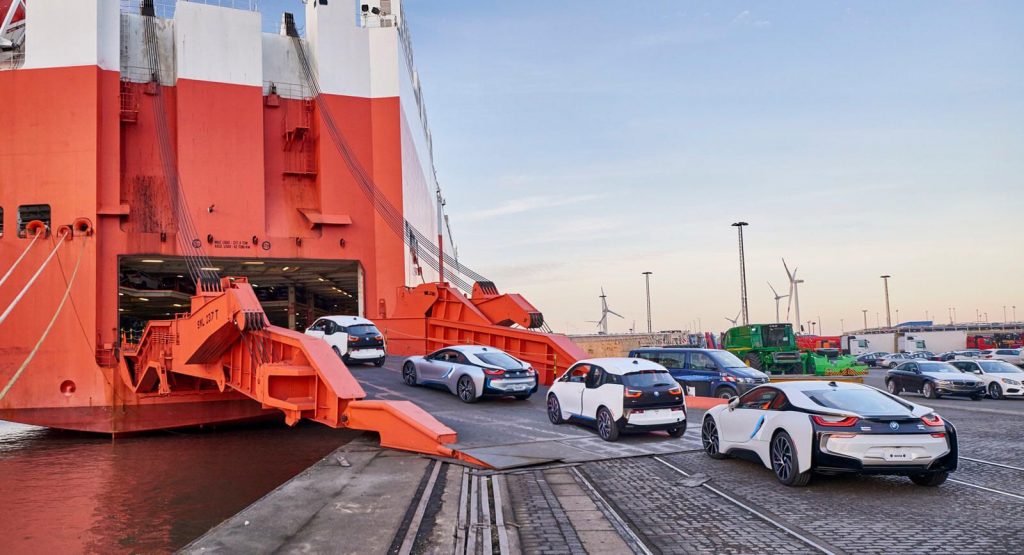With China announcing a significant import tax discount earlier this week, foreign automakers can look forward to their models becoming more competitive in the world’s single largest automotive market.
There are a few problems though. Just because the likes of BMW, Mercedes or Lexus will get to sell a bit more high end models, doesn’t mean they will make a large enough impact. According to Bloomberg, imports account for just 5% of Chinese vehicle sales.
With the market becoming more crowded, pricing is also expected to be affected. Toyota has already stated it would cut retail prices on imported Lexus models, and based on Goldman Sachs Group’s estimates, the tariff cut will result in an average drop of about 8% in MSRP.
Great, right? Well, yes. If you are a consumer, then spending less for a Lexus or a Mercedes sounds fantastic. But what if you want to buy something a little more budget-friendly?
Since almost 80% of Chinese imports are premium products, cutting taxes could result in more marginal volume. In turn, high-end car discounts will put pressure in the pricing power of cheaper models, thus reducing automakers’ overall profitability.
In April, GM reported lesser margins than the year before in Q1 – 8.6% down from 9.3%, and Ford saw its own margins shrink from 13% to 8.9% over the same period.
It’s therefore possible that not all automakers will be happy about the import tax reduction in China. So, it’ll be interesting to see how they adjust their volumes and pricing to cope with that.




